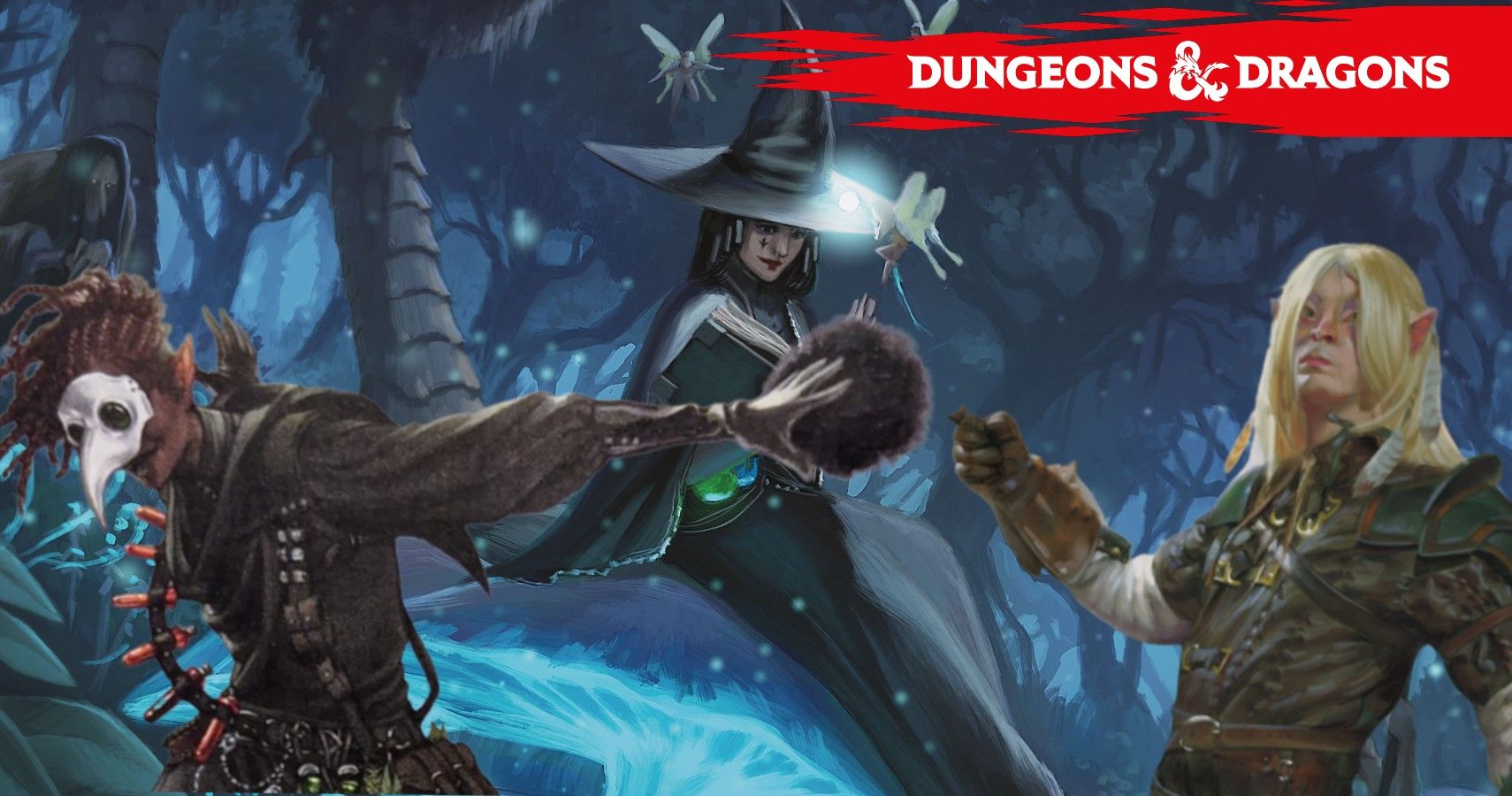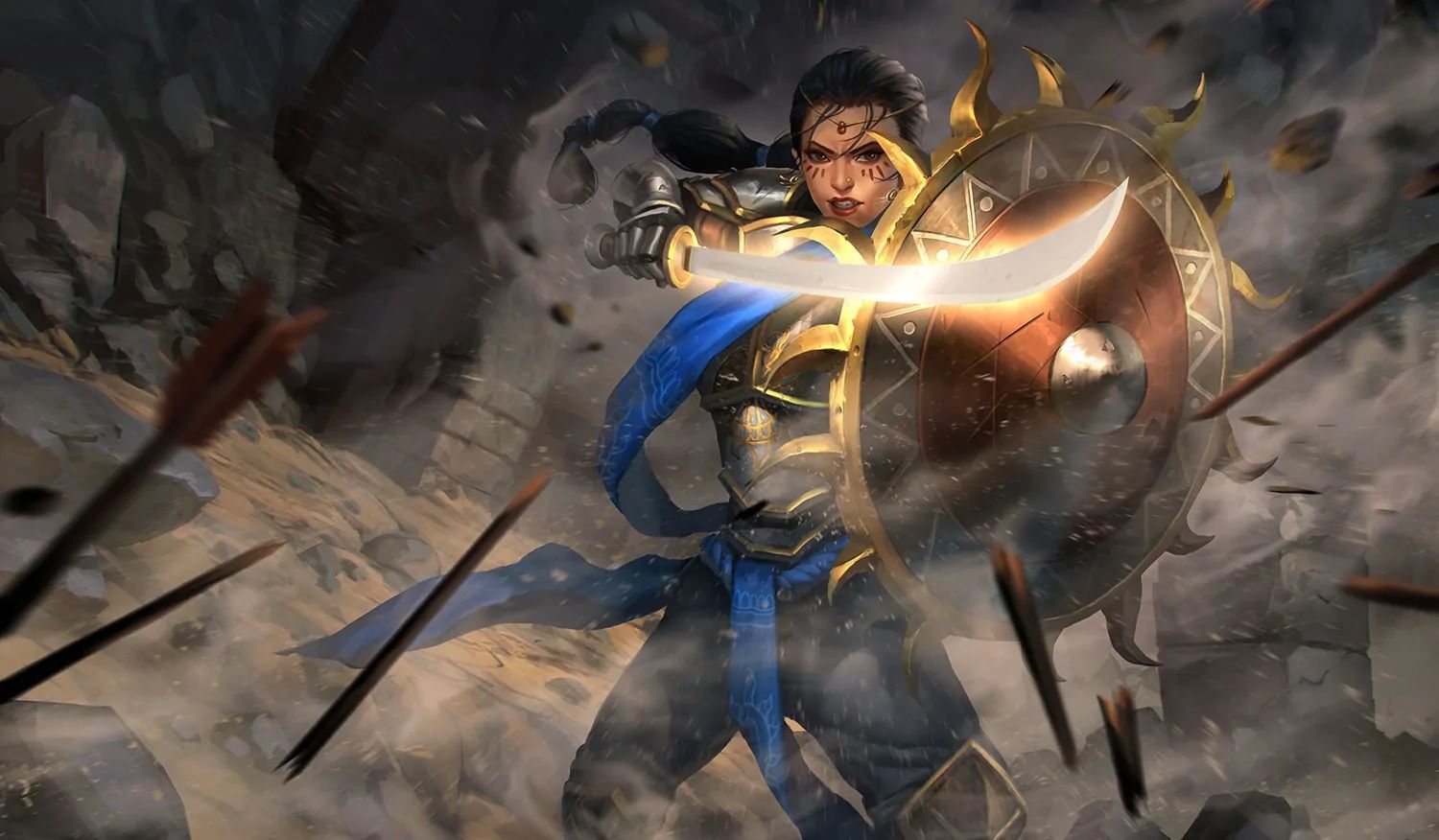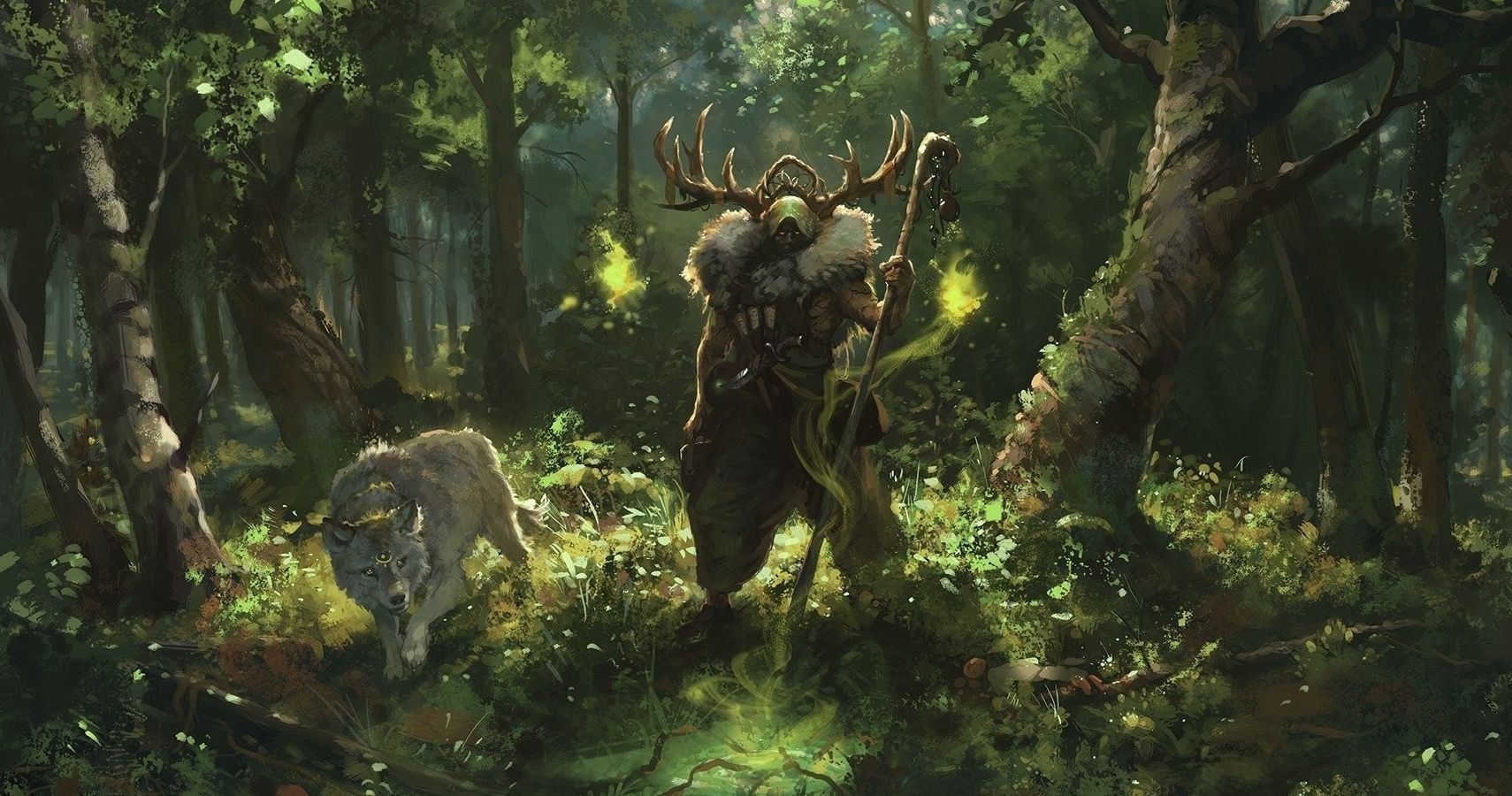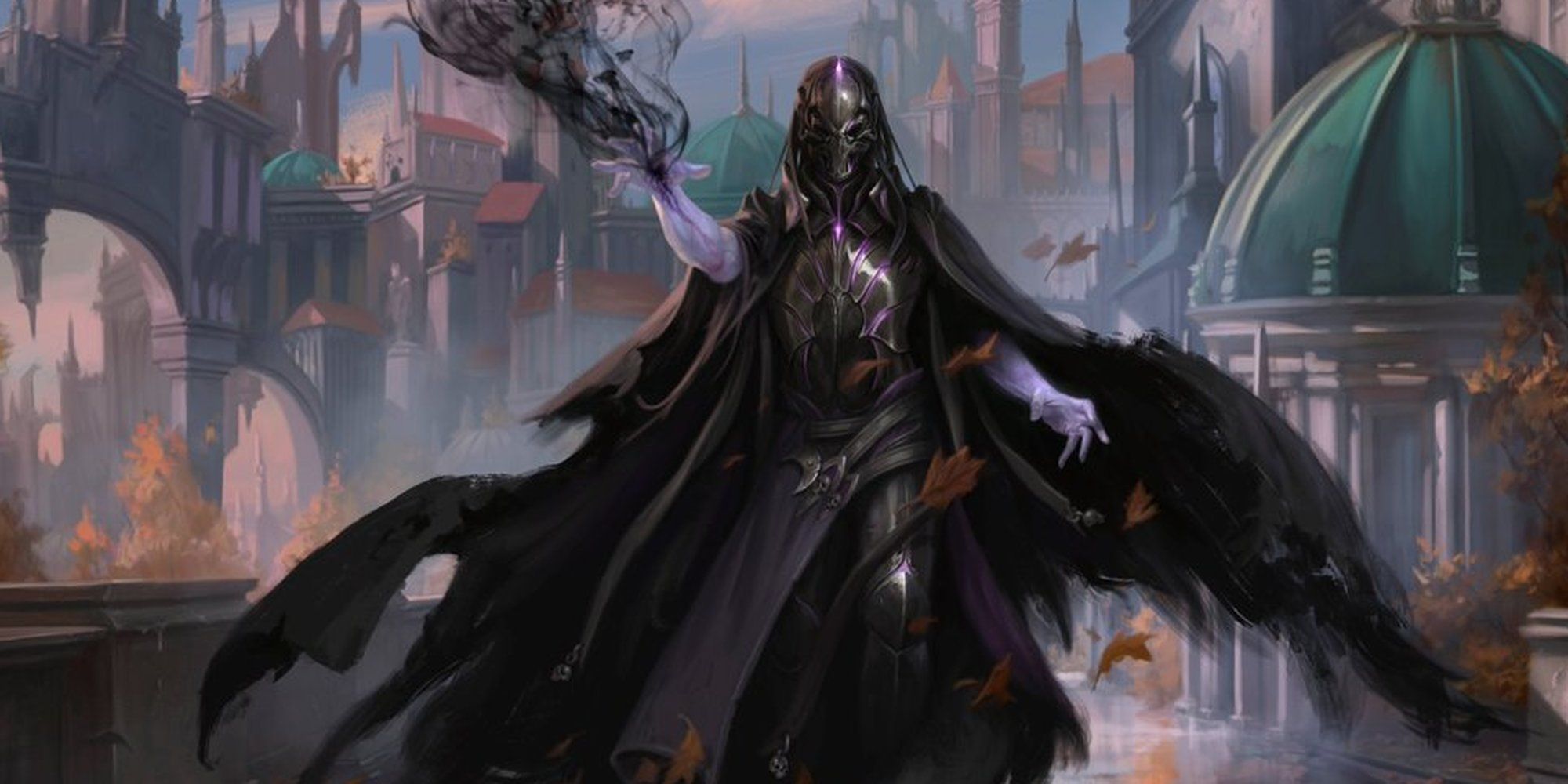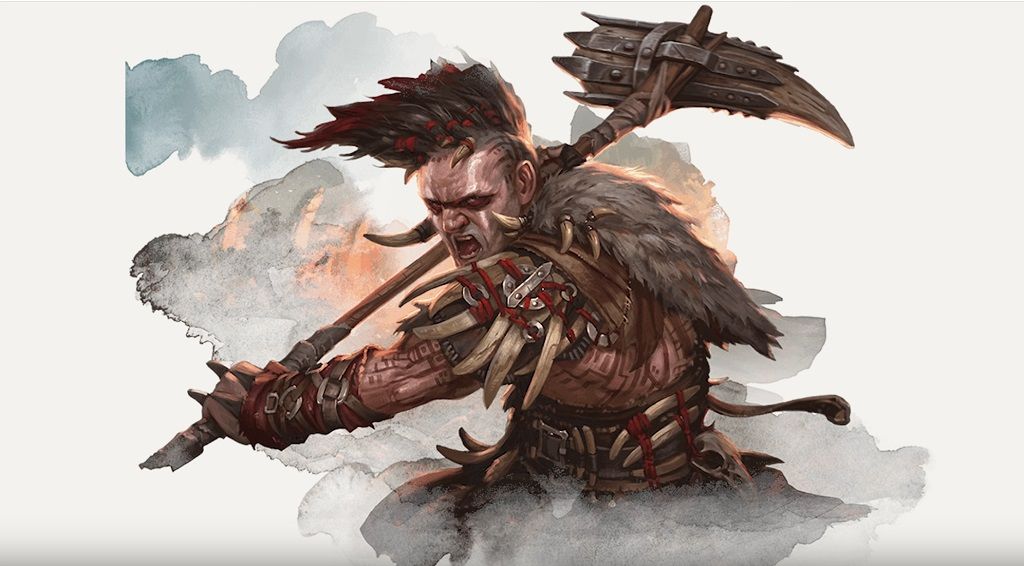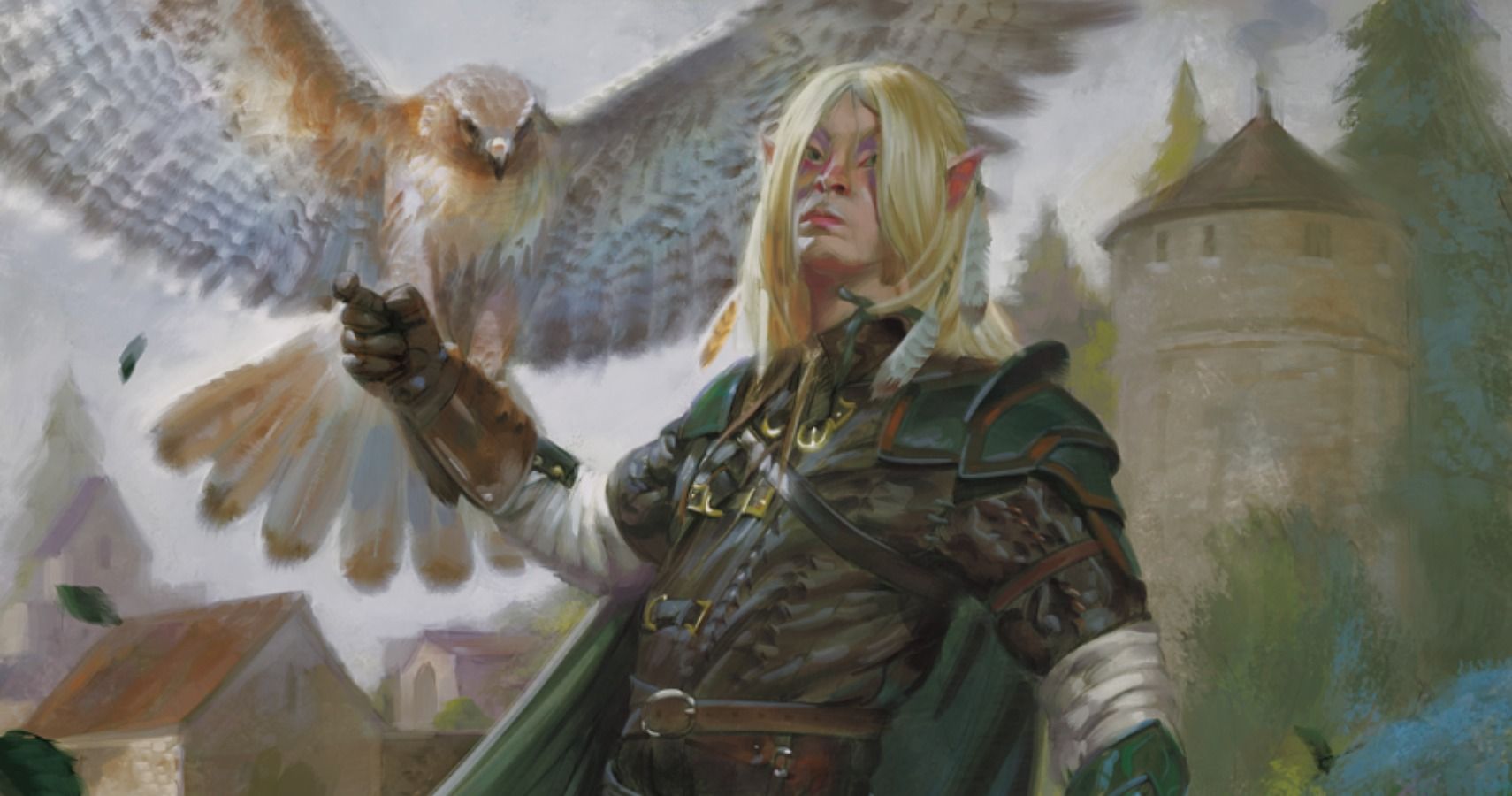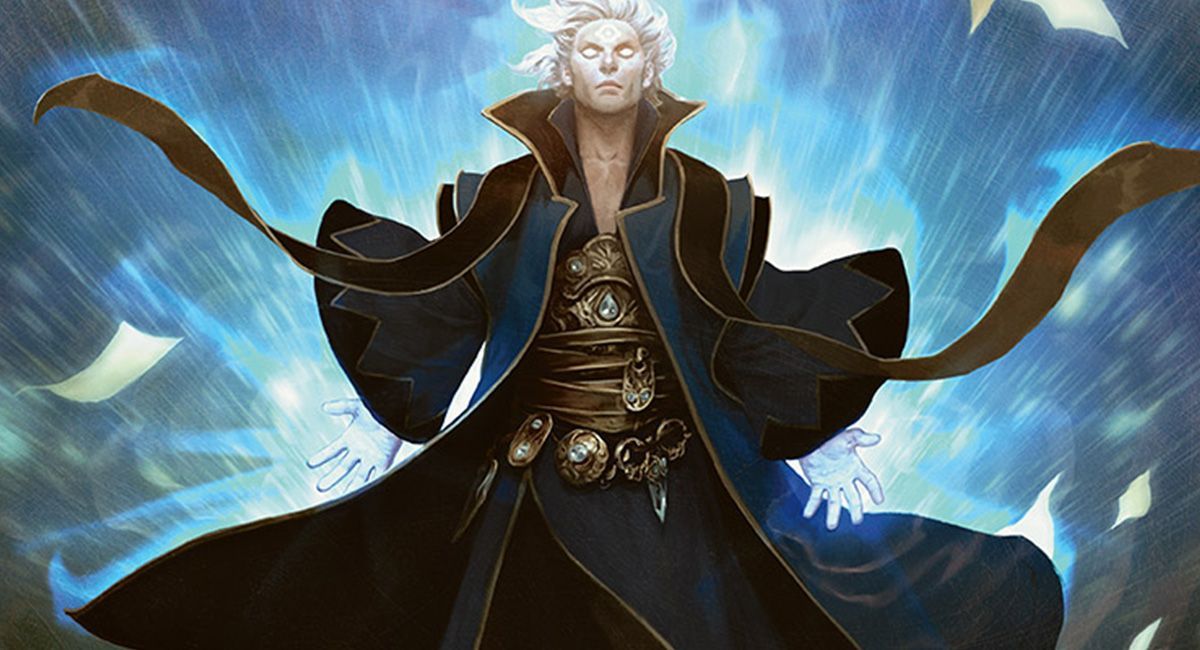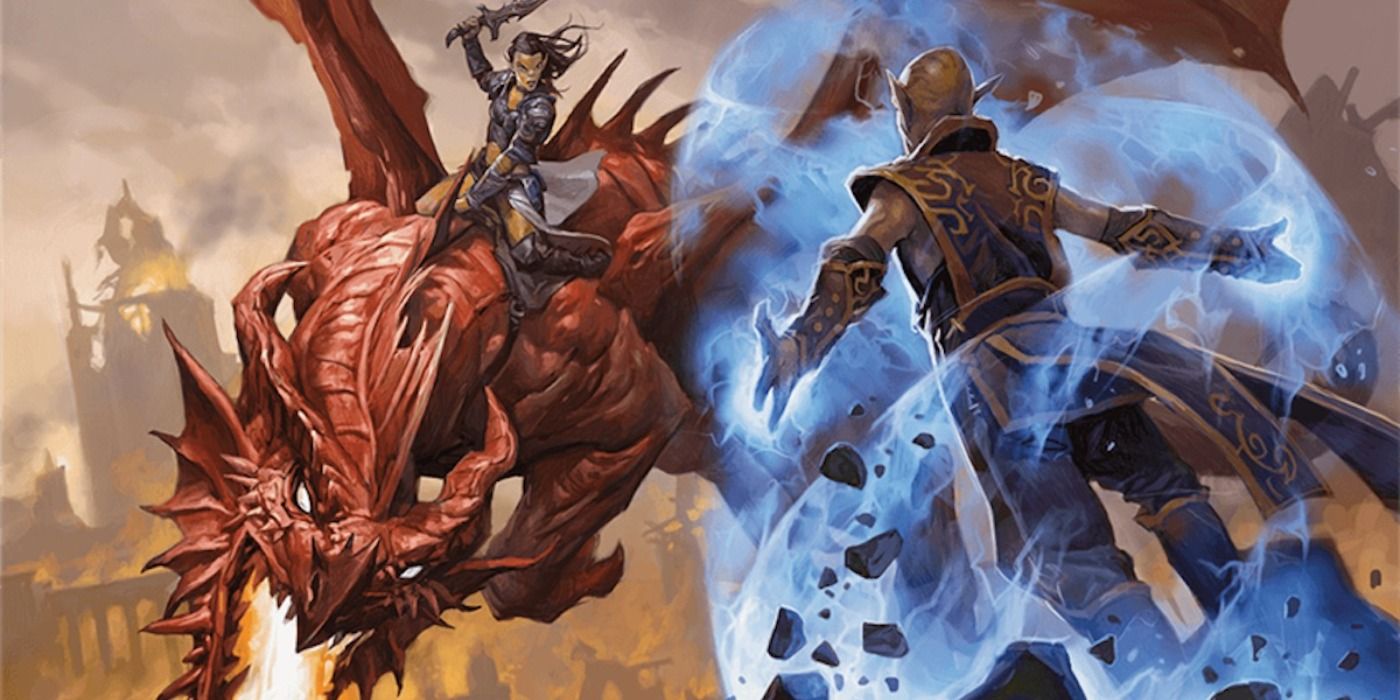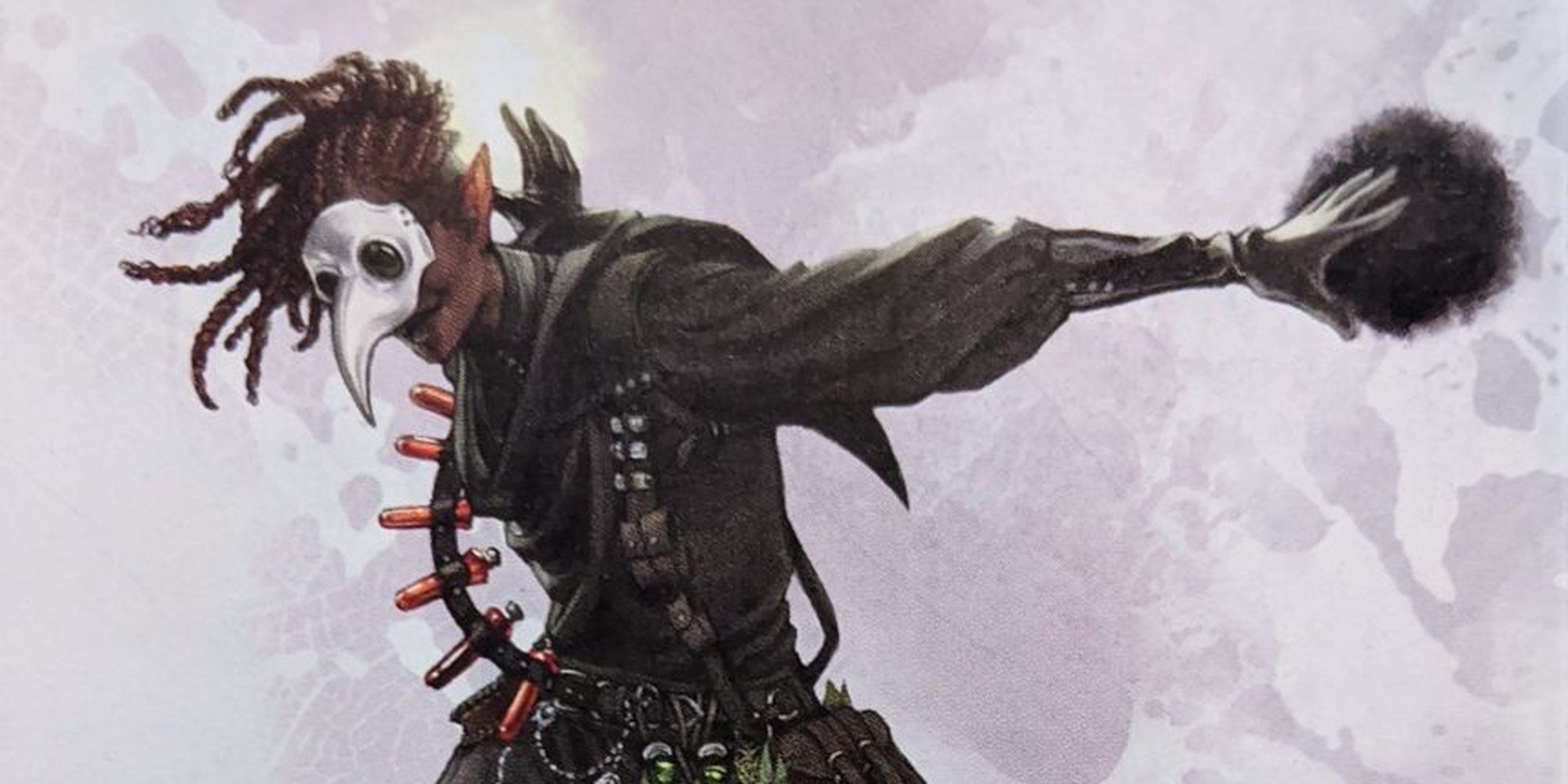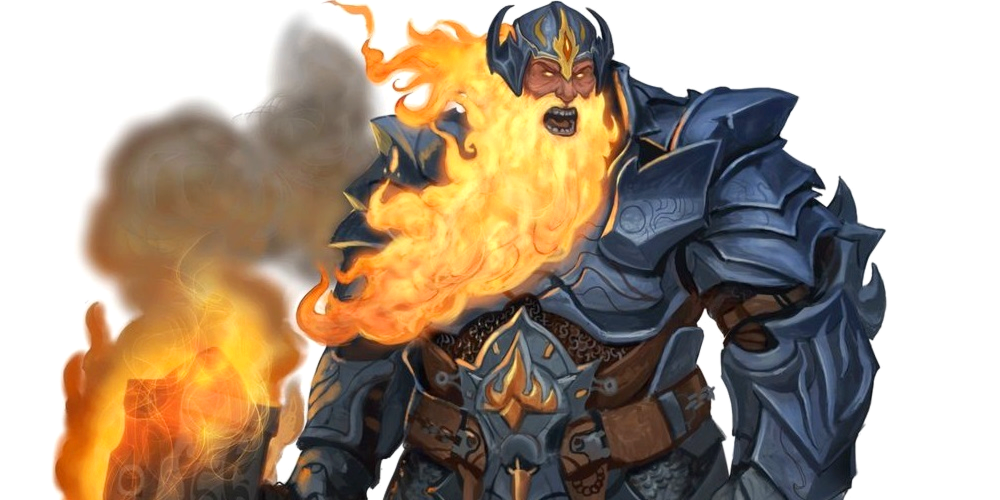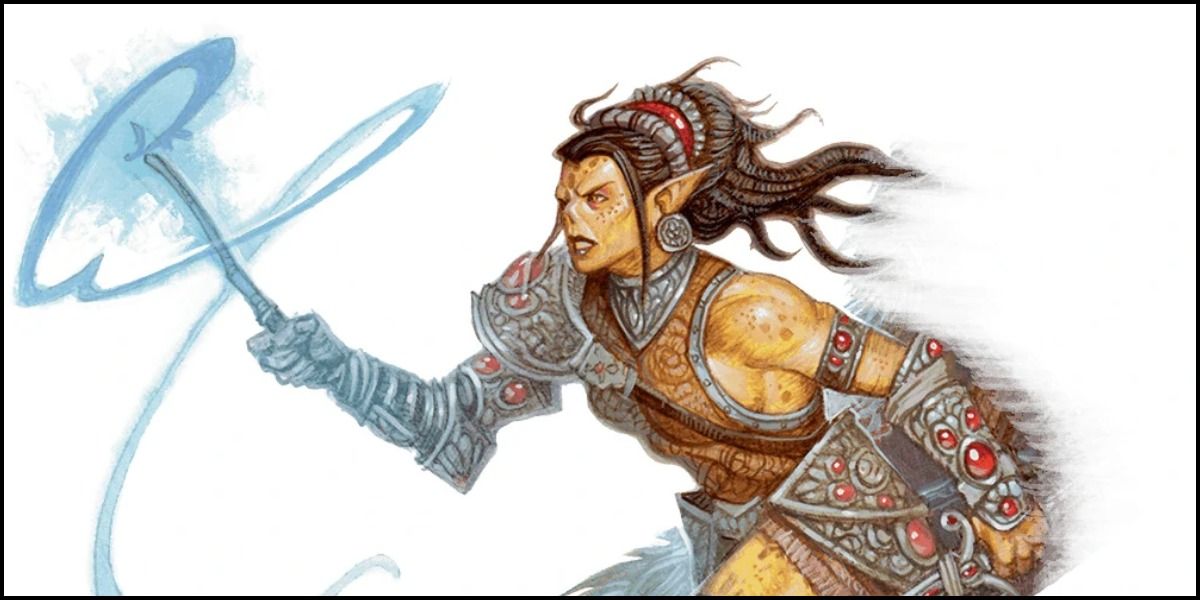Tasha's Cauldron of Everything has added a lot to D&D, including a wide variety of subclasses, some new and some reprinted from other books. How are you supposed to decide which of the new options to try out? This ranking of all the martial subclasses in Tasha's Cauldron of Everything should help.
12. Oath of Glory
Thematically, this paladin subclass boils down to “be a hero,” which would be boring enough on its own, but it’s even worse when there’s already a slightly better “be a hero” subclass in the Oath of Devotion. Many of the spells require concentration, which will be hard to keep up as a frontline tank. The abilities range from situationally useful to decently good, but none of them especially shine.
11. Swarmkeeper
This ranger subclass is interesting conceptually and mechanically, but not all of the mechanics fit with the concept. The most interesting thing you’ll do with your swarm is move yourself and move enemies, which is not something swarms are particularly known for. Being able to use your swarm to fly and teleport is really fun, though, even if the flight speed is underwhelming. Oddly enough, there’s no ability to deal damage in an area, which is what swarms of creatures are known to do.
10. Path of the Wild Soul
This barbarian subclass is the martial equivalent of the Wild Magic sorcerer, but it sacrifices a lot of the fun of wild magic in favor of being good—which completely ignores why people play Wild Magic. There’s less options on the Wild-Magic-table-equivalent, which means less randomness, and none of the weird options from Wild Magic really make the cut, so it’s more a randomly applied buff that becomes less random as you level up. On the plus side, you’ll be able to roll on the Wild Surge table a lot, since it applies whenever you rage.
9. Phantom
This rogue subclass brings an interesting necromantic theme, but unfortunately suffers from a weak start. It scales well, though, really coming into its own when you get the Tokens of the Departed ability, that allows you to collect and spend souls on a variety of abilities. Ghost Walk is a particularly noteworthy ability, since it lets you go ghost, allowing you walk through walls and fly. This is an interesting subclass, but the core of the subclass is the soul stealing, which you don’t get until 9th level, and really should have been worked into a 3rd level ability somehow.
8. Path of the Beast
For a barbarian subclass, this subclass relies a lot on strategy. It has several abilities that offer different options, allowing you to do different things that fit the situation at hand. Every level has at least one option that is useful in most circumstances, so there’s not many situations where you’re left sitting on your hands. The subclass is interesting too, so if you want to play “were-creature but not quite” (and don’t want to play a shifter) this might be the class for you.
7. Oath of the Watchers
As a first defense against extraplanar forces, this is one of the more flavorful paladin subclasses out there. In a planar campaign, this subclass is amazing. It has a lot of abilities that mechanically support the theme. However, many of them are so focused that they don’t work as well if you are, say, hunting owlbears in a forest. If your campaign involves an incursion of devils or creatures from the Far Realm, feel free to bump this up a couple places higher in the ranking.
6. Fey Wanderer
Some tweaks to this ranger subclass make it much more fitting to the fey theme than its previous incarnation in UA. At low levels it has some interesting abilities and not-interesting-but-good abilities. Getting to pile on psychic damage is good, being good at Charisma checks despite focusing on Wisdom is good, deflecting charms and frightens is situational but is very funny when it works. At higher levels you mostly get new ways to cast spells, which is a little disappointing, but the tweaks to summon fey and misty step keep them interesting.
5. Way of the Astral Self
This monk subclass lets you have a punch-ghost that you can activate to punch things better. This version of the subclass solves a lot of the problems that the UA version had by classifying your punch-ghost arms as unarmed strikes rather than monk weapons. Otherwise, each level offers a suite of abilities that you can use when you activate your punch-ghost. If you enjoy the mechanical complexity and variety of features offered by the monk class, this might be for you. If the base monk is difficult enough, maybe not.
4. Psi Knight
This fighter subclass brings a true psionic character option to 5th Edition. A lot of this class relies on tossing your opponents around in battle, which unfortunately isn’t the most powerful thing in D&D (unless, of course, you’re battling on the edge of a chasm or some other hazard). However, this class holds its own and makes up for its shortcomings with the cool factor. After all, it’s a class that lets you be a Jedi.
3. Way of Mercy
This monk subclass is the ideal off-healer. It doesn’t do a lot of healing, but it will get downed allies to their feet and still allow you to do a decent amount of damage per turn. It has the action economy of any healing in the game; healing with half a bonus action is great, healing and removing a status condition with half a bonus action is terrific. The fact that you get useful proficiencies and bonus damage only makes this subclass better. The only shame is that this version removed the UA ability that put a creature into suspended animation, which was unique and useful. However, replacing it with a cheaper and much better version of revivify takes the sting out of the loss.
2. Rune Knight
This fighter subclass lets you make magic gear without being an artificer, through the power of runes. You have 6 runes to choose from, but you get to choose 5 through the progression of the subclass (skip Frost, Frost is bad), so the decision points in the class aren’t incredibly important. Still, each rune (except Frost) has a useful passive that benefits the Rune Knight any time and an active that can have a major effect on a few battles per day. The other abilities add flavor to the class, but the rune mechanics can mostly stand on their own.
1. Soul Knife
This rogue subclass is a great implementation of psionics, and uses the psychic theme to emphasize what rogues can already do: stealth, skill checks, and huge piles of damage. Most of the abilities either let you use them once for free before spending your psionic dice on them, or don’t cost anything if the ability fails, which limits the drain on your resources. It does rogue well, it does psychic well, it’s just a good subclass.

